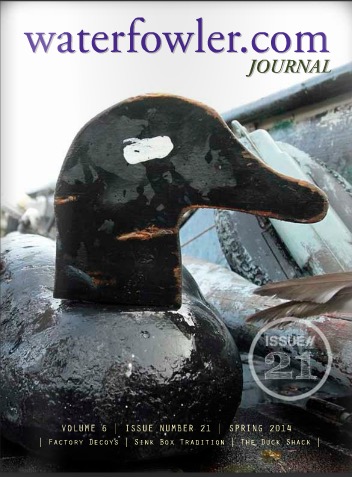“Ducks Unlimited is disappointed that the House has failed to listen to the strong coalition of agricultural and conservation groups that asked for a comprehensive farm bill.”
WASHINGTON – July 11, 2013 – In rapid succession, U.S. House leadership announced earlier this week a split of the farm bill into separate agriculture and nutrition pieces, and voted today on the agriculture portion. It passed with a final tally of 216-208.
“Ducks Unlimited is disappointed that the House has failed to listen to the strong coalition of agricultural and conservation groups that asked for a comprehensive farm bill,” said DU CEO Dale Hall.
Amendments that were accepted on the House floor during the farm bill debate in June were included in the newly separated agriculture bill, which included the commodities, conservation, crop insurance, energy, forestry and research titles. Among those amendments was one prohibiting the U.S. Department of Agriculture (USDA) from requiring wetland mitigation that is equivalent to the function and value of a lost wetland. The amendment restricts the USDA explicitly to an acre for acre standard.
“The House farm bill, even in its intact form, didn’t make conservation a priority,” said Hall. “The wetland amendment in particular is not good-science based policy because it ignores the value of individual wetlands. A small wetland may provide habitat, trap sediment and clean water while the mitigated land only traps sediment. This amendment calls all wetlands equal, which is like saying a golf course pond is the same as a coastal marsh.”
The House passed-agriculture bill includes a regional Sodsaver provision, applying only to the Prairie Pothole Region states of Montana, North Dakota, South Dakota, Iowa and Minnesota. The Senate farm bill’s Sodsaver program would apply nationally. Both programs would reduce federal subsidy on any new cropland acres put into production as a result of breaking grassland that had no previous cropping history.
Missing in this House agriculture bill is a provision re-coupling conservation compliance to crop insurance, which is contained in the bipartisan Senate-passed bill. The conservation and agriculture communities joined together earlier this year to support re-coupling to help ensure the long-term sustainability of wetland habitats that help keep our waters clean, prevent soil erosion and provide critical habitat for waterfowl and other wildlife.
“Ducks Unlimited was among the 532 agriculture and conservation organizations that sent a letter to Speaker Boehner asking the House for bipartisan support of a comprehensive, intact farm bill,” Hall said. “Again, it is extremely frustrating that a coalition of such a number of broad interests can find common ground in our need for long-term agriculture policy, and a Congressional body of almost 100 fewer members chooses to ignore our recommendation. This halved bill leaves the farm bill with no clear path to a conference result with the comprehensive Senate-passed farm bill.”
The full House farm bill was unexpectedly defeated in a 195-234 vote last month. Besides the removal of the nutrition title, the one clear difference in the agriculture bill passed today is that it repeals the 1949 laws as permanent and replaces them with the new Title I law. This leaves the fate of agriculture conservation programs very uncertain.
The current year extension of the 2008 Farm Bill expires Sept. 30.






